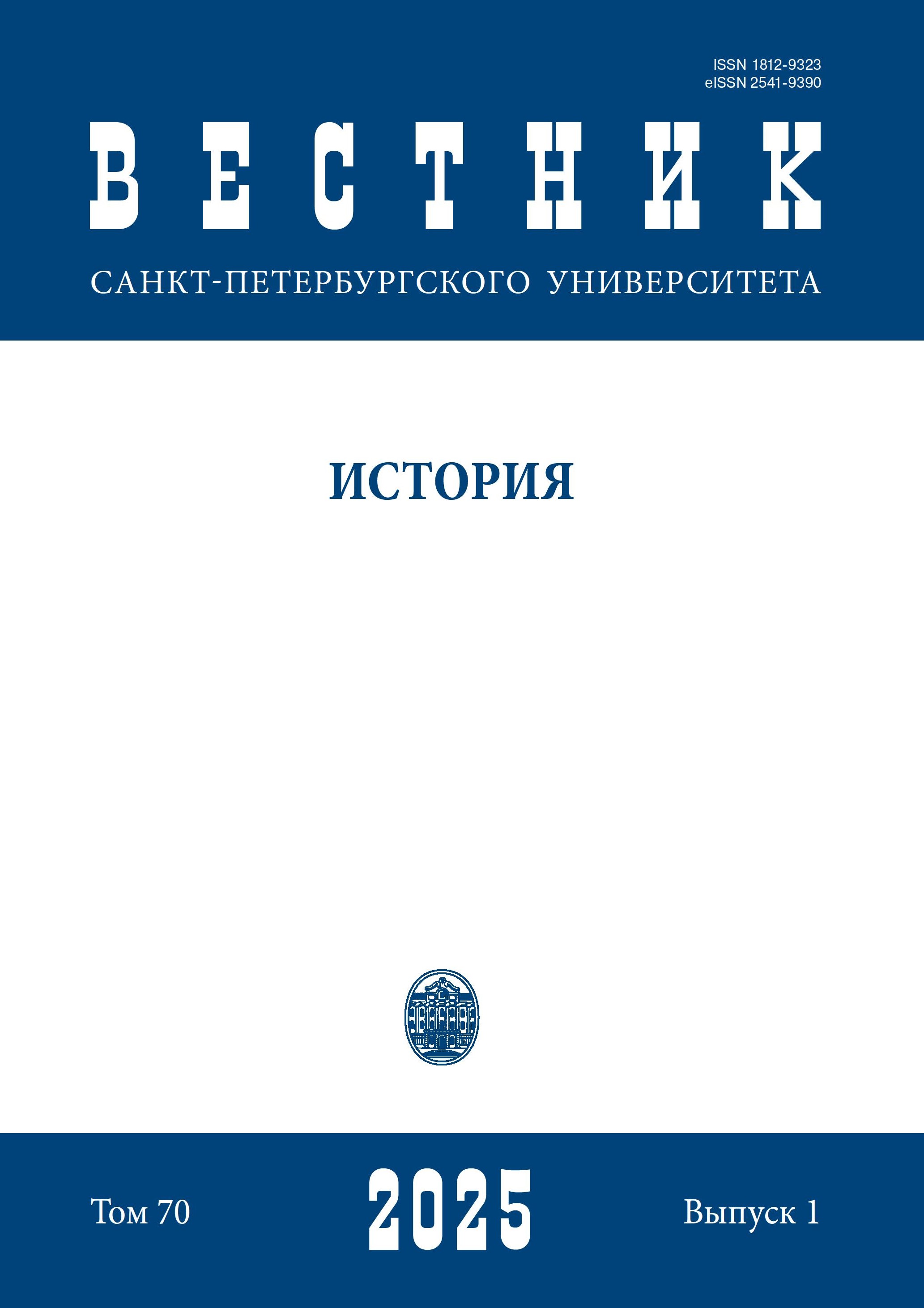Crisis Management in the Roman Religious Expertise during the Hannibal’s War
DOI:
https://doi.org/10.21638/spbu02.2025.108Abstract
The Second Punic War became a serious test of strength not only for the political system of the Roman Republic, but also for its religious institutions. During periods of acute military crises, the Senate often made decisions on the introduction of certain innovations in religious practices, motivating this by turning to this or that religious expertise, rarely used under normal conditions (Sibylline oracles, Delphic oracle). In addition, during the war with Hannibal, the Romans recall the rather rare Italian practices of fortune-telling, such as the use of fortune-telling tablets from Caere and Falerii. One can also note more frequent references in sources to the appeal of Roman generals to private religious experts (primarily Etruscan haruspices) for advice on one issue or another. Finally, in some cases, military leaders themselves claim some kind of personal revelation and use the religious feelings of soldiers in order to strengthen their authority and faith in victory. Analysis of such facts allows us to draw some conclusions about the change in the religious atmosphere in Roman society already during the war. Obviously, the Senate was forced to react to these changes and, in search of additional sources of religious authority, expand the pool of possible religious experts, sometimes attracting quite exotic sources (for example, the recognition of the so-called Books of Marcius). In the long term, all this could not help but contribute to the erosion of the authority of traditional Roman religious institutions and the genesis of religious skepticism.
Keywords:
Hannibal’s War, divination, Sybilline books, crisis, religious expertise
Downloads
References
Downloads
Published
How to Cite
Issue
Section
License
Articles of "Vestnik of Saint Petersburg University. History" are open access distributed under the terms of the License Agreement with Saint Petersburg State University, which permits to the authors unrestricted distribution and self-archiving free of charge.





